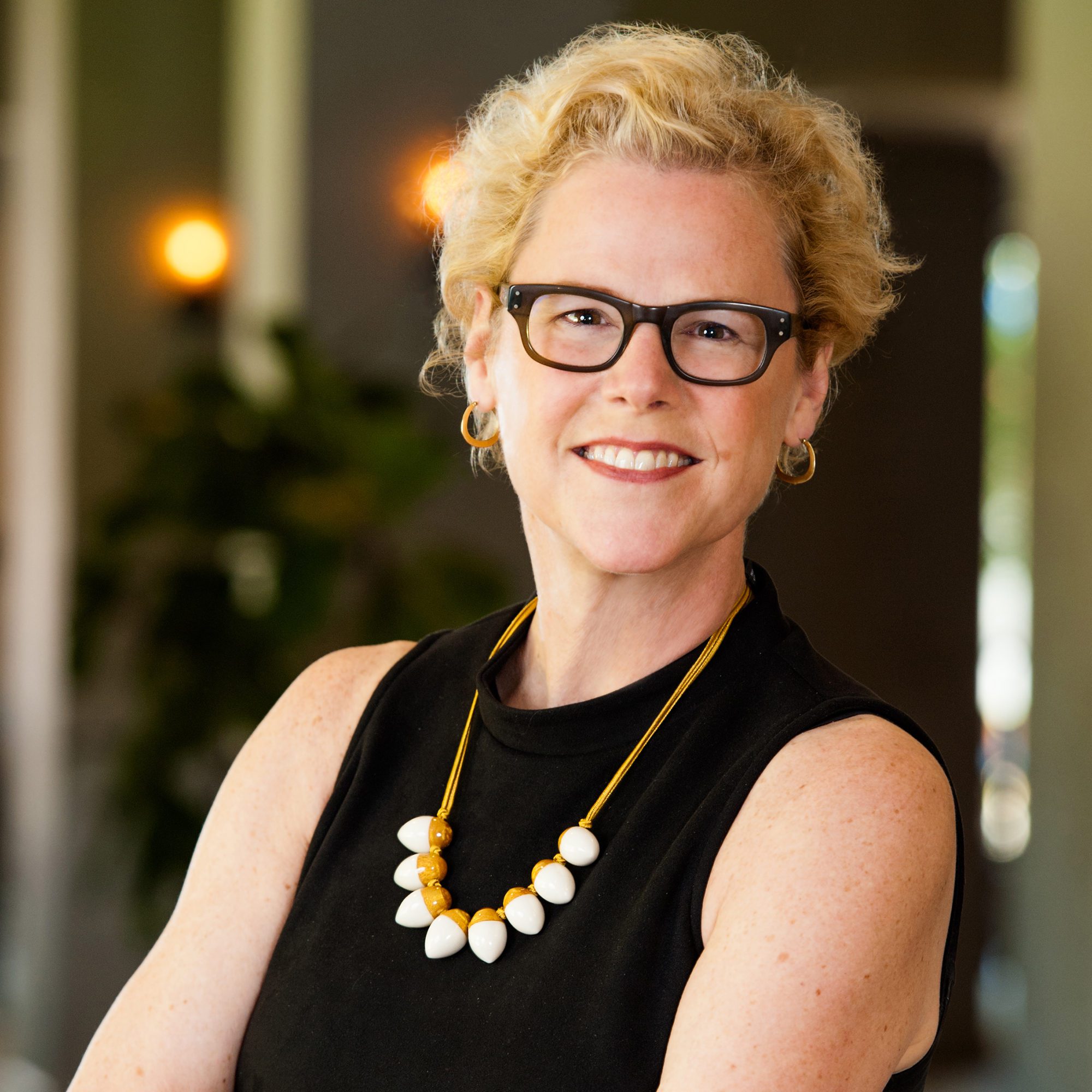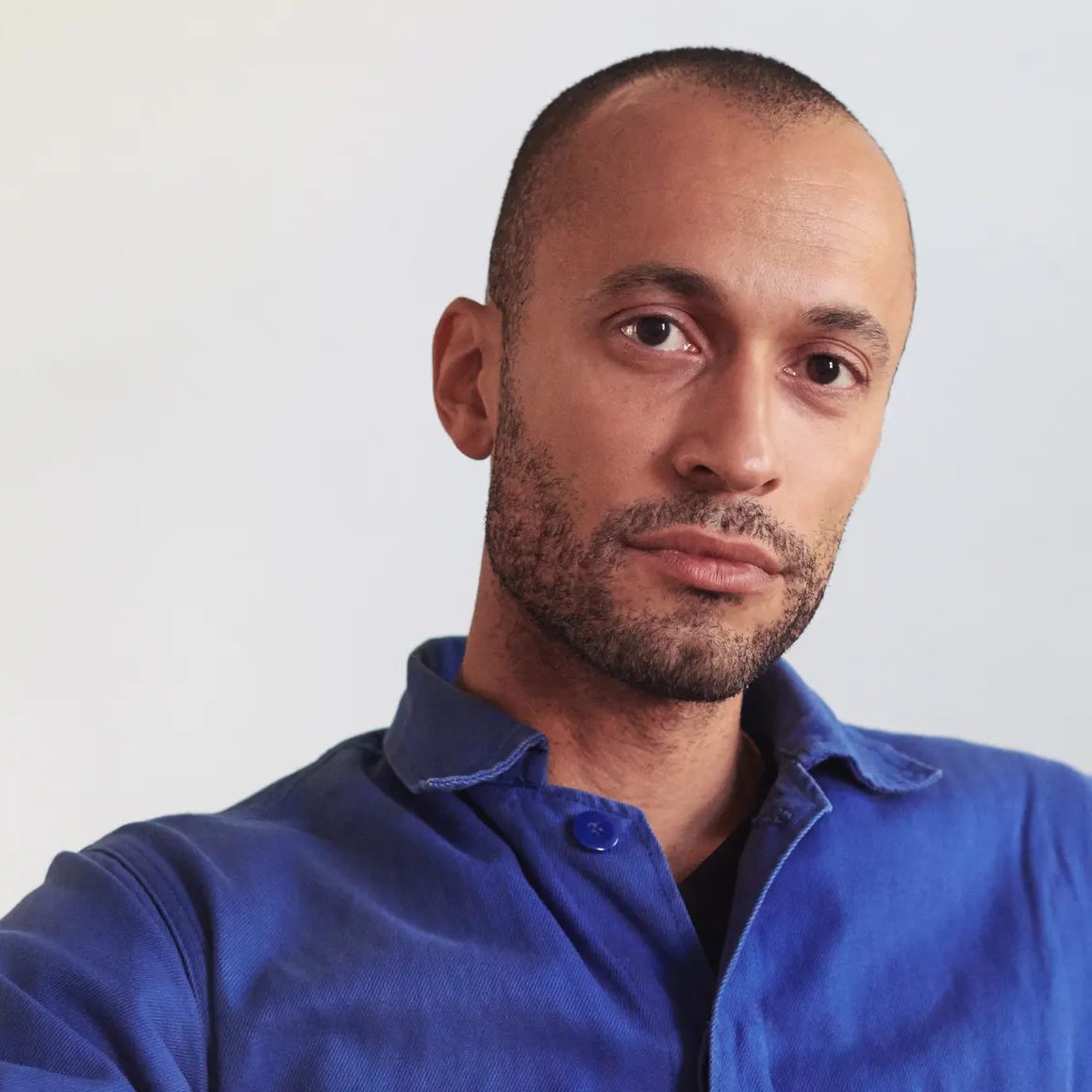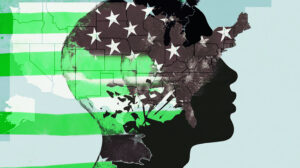Thomas Chatterton Williams:
Well, I — first, I would just want to thank everybody for coming out tonight and sitting in a very windy environment in the river.
[applause]
Thomas Chatterton Williams:
And it’s hard to follow the freestyle of Supremes. They were amazing.
Joy Connolly:
[laughs]
Thomas Chatterton Williams:
But, for me, it’s really meaningful to be here with you and to talk about the power of the classics, just down the river from where I studied philosophy at Georgetown and where my life was really transformed by coming into contact with Socrates’ injunction to know thyself, and part of what knowing thyself meant for me was, kind of, slipping the yoke of identity that I had been trapped in for the first 18 years of my life, when I really understood myself as being boxed into an abstract color category that delineated everything that mattered for me and cordoned off my life from other lives, other times, other geographies. And for me to even have gotten to Georgetown depended on a very fortuitus accident with my father, who is a black man from the segregated south, born in the 1930’s, old enough to be my grandfather, coming into contact with Will Durant’s The Story of Philosophy, and as a young boy, eight or nine years old, and asking himself, “Who is this man Socrates whose face is reproduced in this book, who was so important that thousands of years later we still talk about him. And wanting to understand who Plato was, who Socrates was, wanting to ask himself, “What is a meaningful life?” at a time when his country told him he was a second-class citizen — these ideas, these other geographies, these other times linked him to a tradition that was bigger than the present that he was trapped in, and I think it gave him a sense of his humanity that was much more expansive than whatever it was his society told him he was supposed to believe about himself in the here and now.
The classics are so powerful, and they were such a liberating force for my father. And when I talk about the classics, I have to say — here, I am not an expert. I’m not a trained classicist. I don’t read Greek or Latin. I’m an amateur. And when I talk about the classics, I talk about these ideas that then influenced a chain of ideas and a tradition that shaped the world that we lived in, and we do live in now, and I don’t think these ideas are particularly the best or important because they are classic or because they are Western, but because they are ideas that stood the test of time and shaped the world that we have to inhabit, whether we like it or not. This is what enabled my father — this mastery of this tradition was what enabled my father to transcend the limitations of the circumstances that he was born in, and so, I think that we do — specifically, we do poor and black and brown students a real disservice when we tell them that these ideas are not for them. These ideas equip them to navigate the world that they need to navigate, whether we like it or not. And so, I don’t think the classics are overrated. I think they’re actually grossly underrated in the here and now, and we need to actually, probably, bring back more of — I appreciate that. We need to bring back more of a, kind of, serious respect and reverence for them and not to get sidetracked by very narrow and present-ist ideas of identity that block us from seeing what’s universal and what’s fully human.



















JOIN THE CONVERSATION